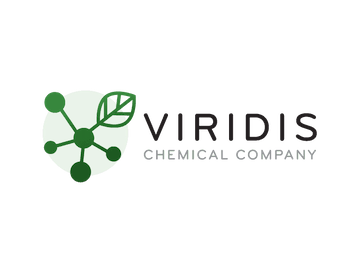Viridis Chemical Company has developed a method for producing renewable ethyl acetate from bioethanol, providing a sustainable alternative to traditional ethyl acetate, typically derived from non-renewable fossil feedstocks such as coal or natural gas. This process uses a solid-state catalyst, enabling the reclamation of constituents at the end of life. During the dehydration of bioethanol, hydrogen gas is generated as a byproduct, contributing to approximately 40% of the energy required for the facility’s operations.
The resulting high-purity ethyl acetate can effectively replace its fossil fuel-based counterparts. Compared to conventional esterification and direct addition methods, this renewable approach significantly reduces greenhouse gas emissions and minimizes the release of hazardous substances, pollutants, and contaminants associated with energy production.
EPA Presidential Green Chemistry Challenge: 2024 Small Business Award
